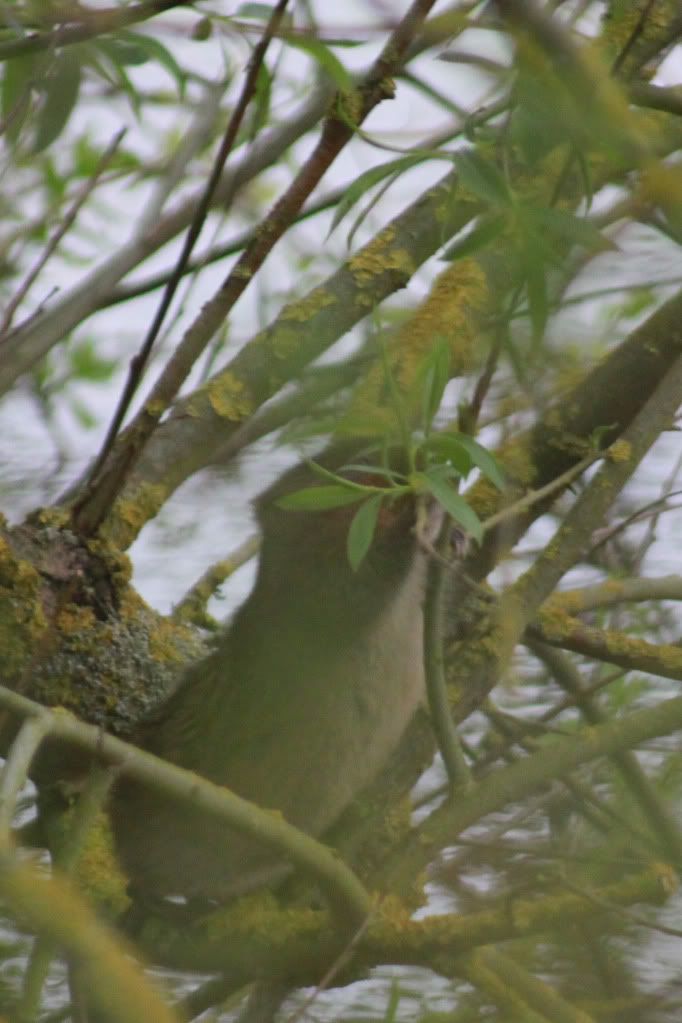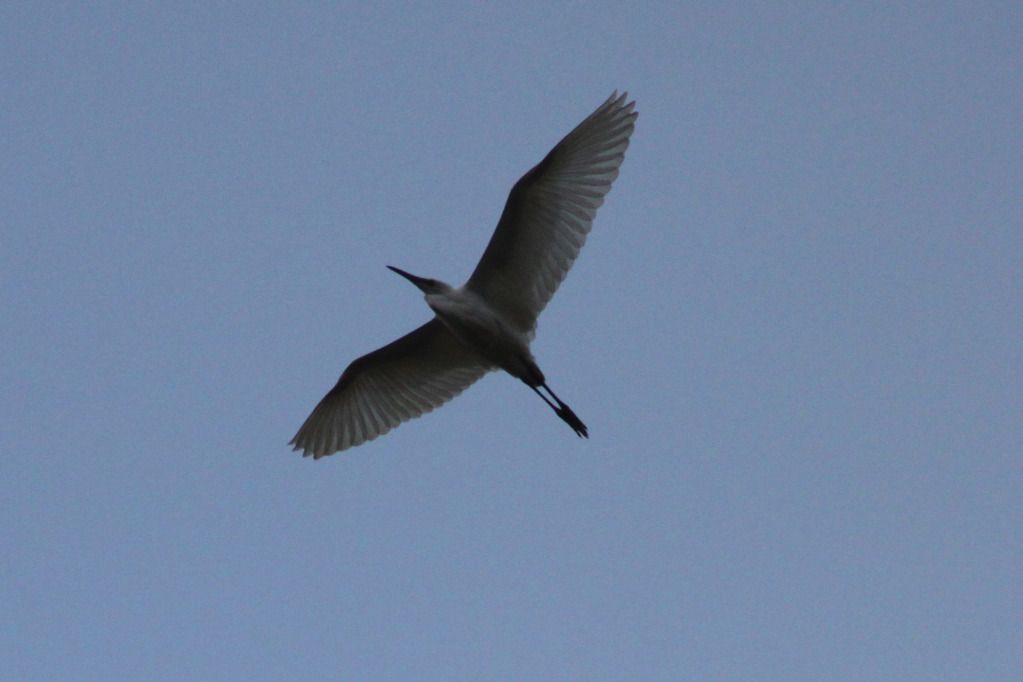The most defining thing of the year has been the relentless rain (it has been the wettest year since records began in 1910) and it's consequences.
Unlike many rivers in England (including the Thames itself), the Ock itself has not caused any major flooding, but on several occasions the floodplains have been very high:
This is what the river looked like in May:
.
.
And this is what the river looked like yesterday (29th December):
.
.
The consequences of this on the local wildlife is hard gauge, it would certainly have disrupted the water vole breeding season as their burrows would almost certainly be flooded when they were nursing their young.
However, they are adaptable creatures and this one (also in May) seemed to make the most of the opportunity by eating the branches of an overhanging willow tree - which would normally be out of reach:
.
.
Another creature which would have suffered is the kingfishers who also nest in the river banks.
As for the otters, they were are active early in the year, as an unexpected sighting (I don't actively look for otters) of two otters (male and female?) in February:
It is also difficult to gauge the affect of the subsequent high river would have had on any cubs. They can spend up to a month in a holt whilst they are nursed by their mother and if it is flooded during this time then the cubs may perish.
Still throughout the year there have been plenty of otter spraints to indicate there is at least one otter present on the river:
.
.
But it is not just the regulars that are of interest, perhaps the highlights of the year are a great white egret flying over the river in September - there is only one breeding pair in the UK, as they are in somerset this is probably a migrant passing over:
.
.
Another highlight (and not featured in this blog before) was a pair of lapwings:
.
A common bird and often seen in large flocks in flood meadows such as otmoor. But in June there were a pair of them and were mobbing a buzzard it is highly probably that they were breeding.
They are ground nesting birds and with all the predators in the area, it is unlikely that they successfully raised their young, but maybe they and a few others will try again in 2013.
The real highlight of the year was the blog moving from the virtual world to the real world with two successful talks - one for BBOWT Upper Thames in June and another for Abingdon Naturalists Society in September and with two requests for the talk next year, 2013 could be another interesting year....







